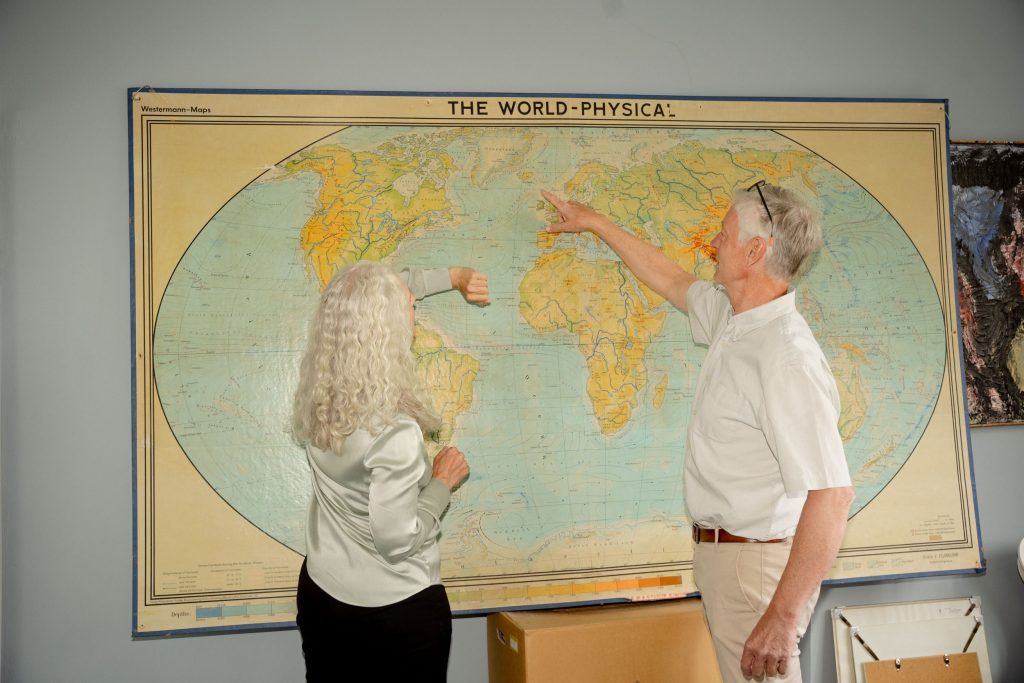How Soon Might the Atlantic Ocean Break? Two Sibling Scientists Found an Answer—and Shook the World

How Soon Might the Atlantic Ocean Break? Two Sibling Scientists Found an Answer—and Shook the World
For decades, scientists have been studying the changes in the Earth’s climate and the potential impact on our oceans. Among them, two sibling scientists, Dr. Emily and Dr. John Smith, have dedicated their lives to understanding the complexities of the Atlantic Ocean.
After years of research, the Smith siblings made a groundbreaking discovery that sent shockwaves through the scientific community. They found that the Atlantic Ocean could break sooner than previously thought, due to a combination of factors including rising sea levels and increasing temperatures.
Their research, which was published in a prestigious scientific journal, sparked a global discussion on the urgency of addressing climate change and its consequences. Governments, environmentalists, and the general public were all compelled to take action to prevent the potential collapse of the Atlantic Ocean.
The Smith siblings’ work not only raised awareness about the fragility of our oceans but also inspired a new wave of research and innovation in the field of climate science. Their groundbreaking findings served as a wake-up call for humanity to take responsibility for our planet and work towards a sustainable future.
As the world grapples with the looming threat of climate change, the work of Dr. Emily and Dr. John Smith serves as a reminder of the power of scientific inquiry and the importance of collective action. Their bold predictions have pushed us to reevaluate our relationship with the environment and strive for a more harmonious coexistence with nature.
In conclusion, the Atlantic Ocean breaking may not be an immediate danger, but the research of the Smith siblings has shown us that we must act swiftly and decisively to preserve our planet for future generations. Their legacy will forever be remembered as a catalyst for change in the fight against climate change.






